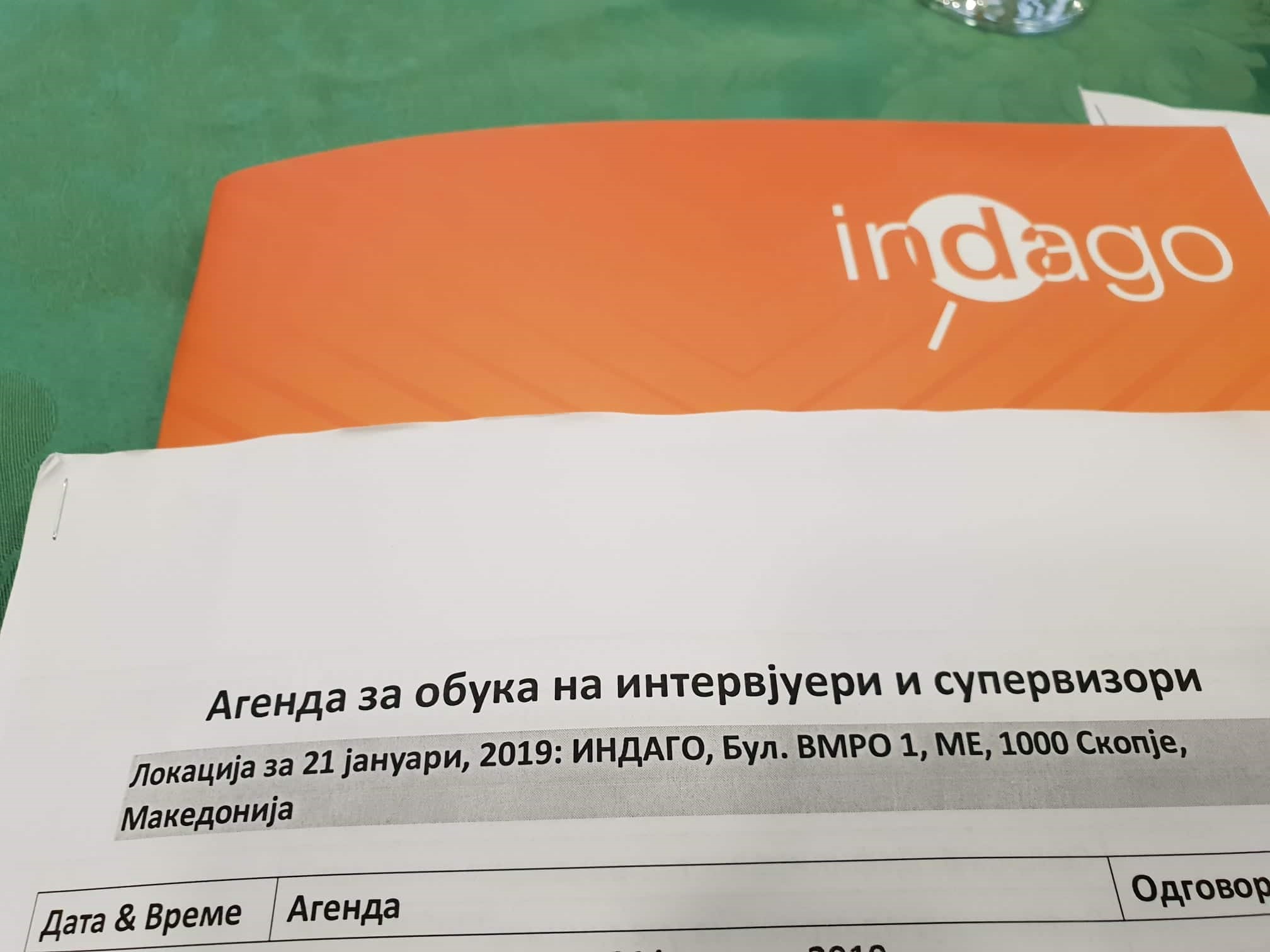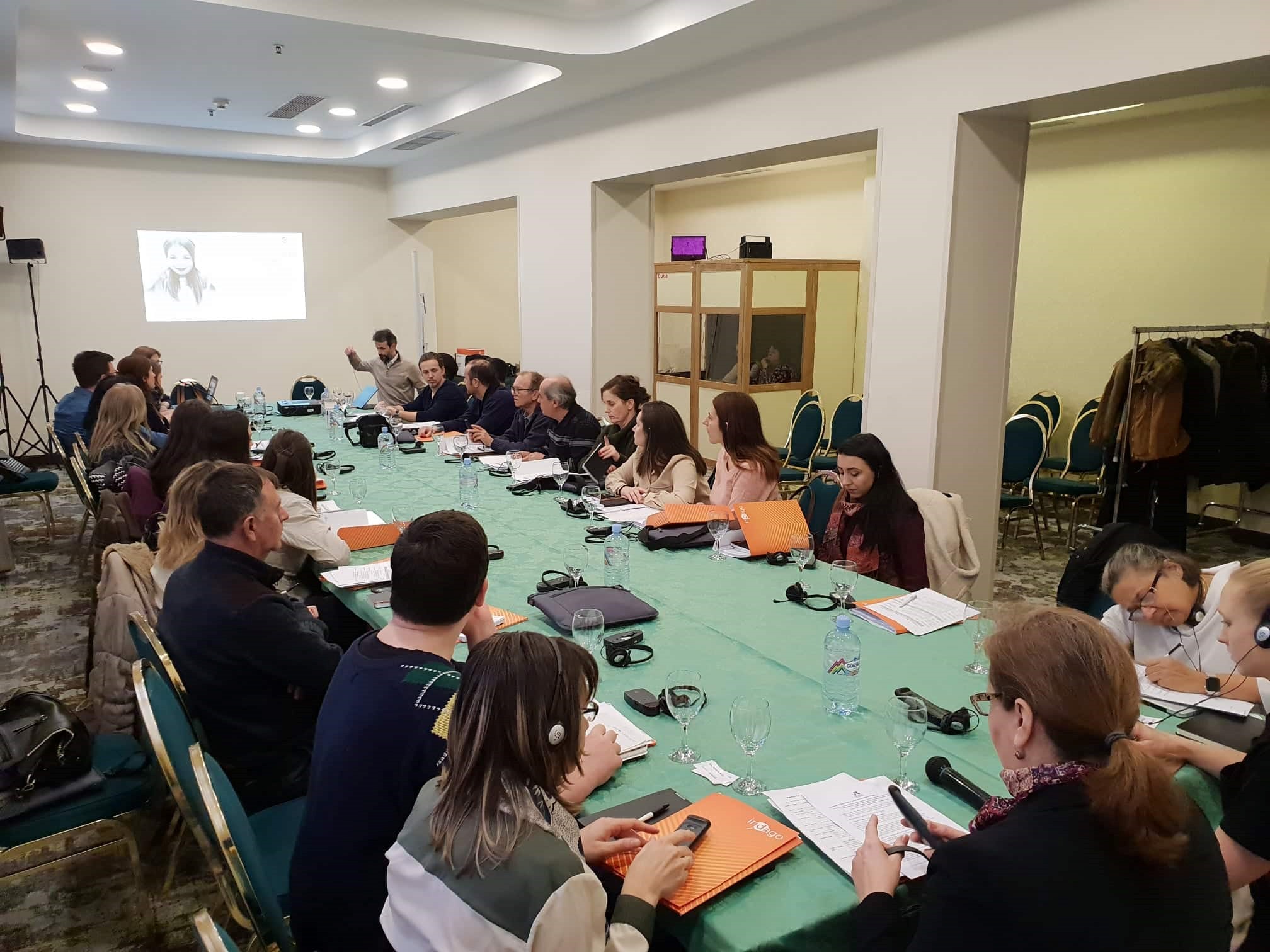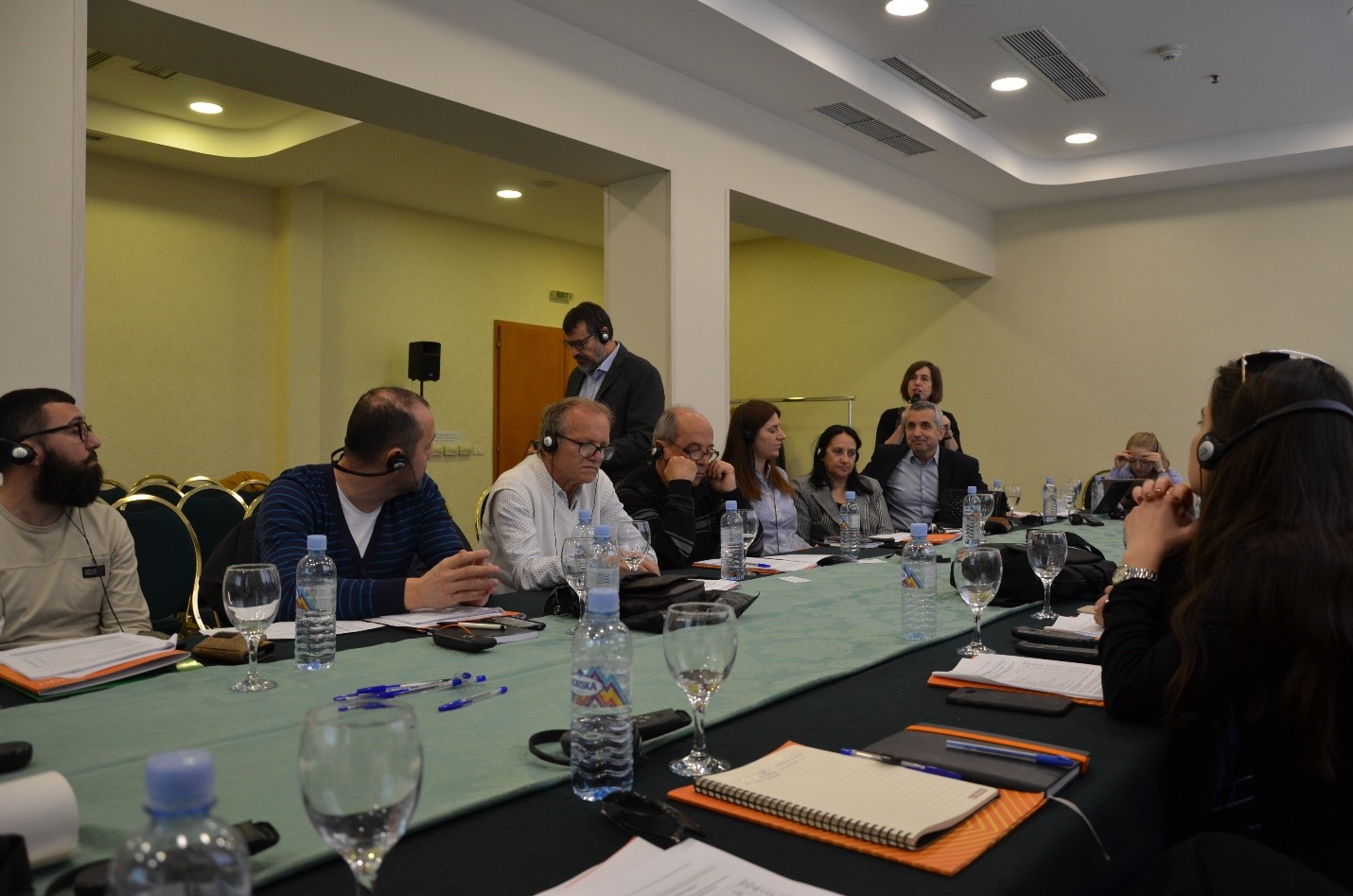First Pilot Project in Europe and Central Asia about Attitudes and Social Norms Towards Children with Disabilities
Indago was commissioned by UNICEF to be local research partner to Drexel University in implementing the first pilot project aimed at validating tools for measuring discriminatory attitudes and social norms towards children with disabilities in Europe and Central Asia. The project is part of UNICEF commitment to address the rights of children with disabilities. The objective of this unique research is to provide rigorous research protocols and set of data collections tools to robustly measure attitudes and norms around children with disabilities in order to fight prejudice, segregation, and exclusion of children with disabilities in all aspects of social life. The research emerged from the need to change current situation of children with disabilities who are institutionalized or placed in alternative care without appropriate support. Also, the review of literature showed that there is a gap regarding study protocols, methodological details and failure of social norms examination.
In the beginning of 2018 UNICEF undertook competitive selection process and selected Indago as research company that fulfilled all technical and human resource components needed for the implementation of a comprehensive study (testing and validating the tools).
As part of the study, UNICEF, Drexel University and Indago organized three workshops for implementation of the study. The workshops were attended by Indago team, researchers from Drexel University and representatives of local and regional UNICEF offices (Skopje and Geneva).
Before the start of all activities, Drexel University delivered one-day training for Ethics in Research which all Indago employees and interviewers that were part of the study successfully passed and got certified for human subjects’ research.
The study was implemented in two phases:
- Pretesting of tools
- Piloting and finalization of data collection tools.
The pre-test phase was implemented in December 2018 and focused on assessing whether the language, length, and methodology being proposed for the core tools were appropriate. The pretesting tracked the time to implement each tool. Also, vignettes and other activities were assessed for cultural appropriateness and comprehension.
The pilot study used a cross-sectional, concurrent mixed-methods design, i.e. the qualitative and quantitative data were collected and subsequently analysed simultaneously. The study included a list of 15 stakeholders: children with disabilities (age 12-18), caregivers of children with disabilities, peers of children with disabilities (age 12-18), caregivers of children without disabilities, health professionals (maternity and patronage), health professionals (school age children), social work professionals, education professionals (teachers), education professionals (administrators), civil society professionals and government officials. The pilot examined the extent to which the tools fit within local context and whether the tools ensure reliability and validity. The pilot study was implemented in the period January-March 2019, on a total sample of n=450 quantitative structured interviews, 10 focus group discussions and 25 in-depth interviews. The pilot testing resulted in the design of tools that can be adapted to other contexts globally.













